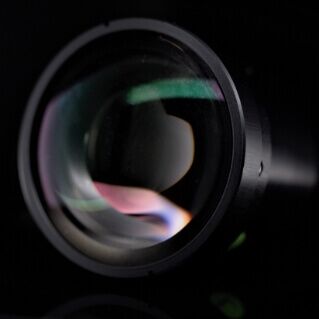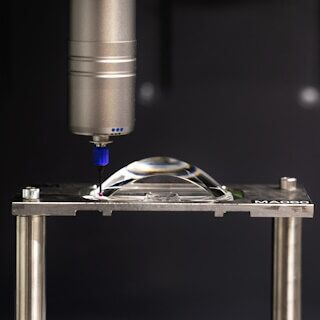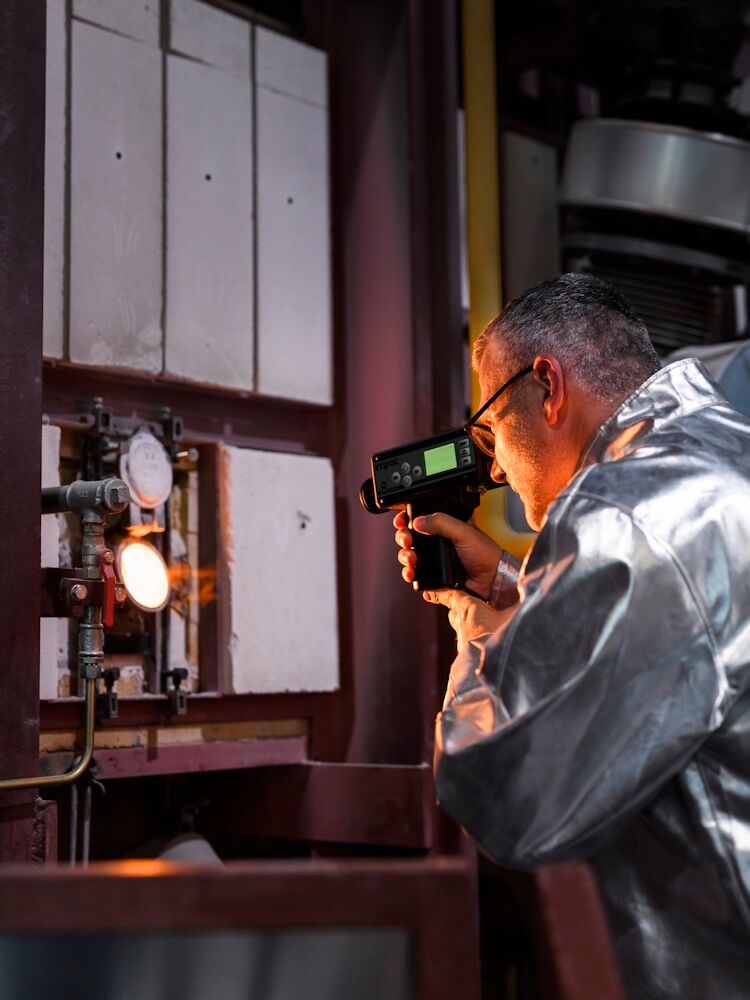Fokus
Lösungen
Effizienz
Leidenschaft
Flexibilität


Fokus
Lösungen
Effizienz
Leidenschaft
Flexibilität
Docter Optics steht weltweit seit über 30 Jahren für Exzellenz in der Entwicklung und Serienfertigung von optischen Komponenten und Systemen für mehr Sicherheit im Leben.
Von optischen Halbzeugen bis Präzisionskomponenten. Von großvolumigen Glasprodukt aus der Glasschmelze bis hin zu hochkomplexen Polymeroptiken und individuellen Hybrid-Systemen. Wir verstehen die Physik der Werkstoffe, mit denen wir arbeiten, wir entwickeln unsere patentierten Produktions-Technologien stetig weiter und bieten unseren Kunden langjährigen Erfahrungen im Umgang mit Optiken.
Sie haben bereits ein optisches Produkt oder eine Produkt-Vision? Prima. Wir haben die Technologien und Kapazitäten.
Trust
Wir stellen die Visionen unserer Kunden in den Mittelpunkt und vertrauen bei der Entwicklung neuer Technologien auf unser Knowhow und unsere historischen Wurzeln.
Wir arbeiten täglich daran, die Produkte und Dienstleistungen unserer Kunden noch erfolgreicher zu machen, indem wir ihre Ideen und Visionen in zukunftsorientierte Lichtlösungen umwandeln. Als Arbeitgeber bringen wir dabei ökonomische und soziale Interessen in Einklang. Wir achten auf ein ausgeglichenes Verhältnis zwischen eigenverantwortlichem Arbeiten, Teamzusammenhalt in einem kollegial-freundschaftlichen Arbeitsumfeld, Ehrlichkeit und einer angemessenen Wahrnehmung persönlicher Interessen.

Passion
Docter Optics entwickelt und fertigt kundenspezifische Komponenten und komplexe Systeme in Serie
Dabei hat das Unternehmen mehrere patentierte Verfahren für die industrielle Serienfertigung von multifunktionalen Freiformkomponenten und seit kurzer Zeit auch Präzisionsoptiken aus Glas entwickelt. Mit Hilfe eines einzigartigen Mehrschichtverfahrens kann Docter Optics darüber hinaus komplexe Polymeroptiken anbieten. Die im Kundenauftrag gefertigten optischen und optoelektronischen Systeme adressieren neben dem Automotive-Markt zusätzliche Anwendungsfelder wie Diagnostik und Analytik (z. B. Fluoreszenzmikroskope), Sicherheit (z. B. Fingerabdruckscanner) und industrielle Sensoren (z. B. Optiken für maschinelles Sehen).

Optische Systeme benötigen mehr als nur Sauberkeit und Genauigkeit. Wir unterstützen beim Produktdesign, fertigen nach Ihren Spezifikationen und übernehmen auf Wunsch die komplette Montage komplexer Systeme – auch in Reinraumumgebung.

Von µLED bis Lidar – Docter Optics ist in seinem Hauptgeschäftsfeld stets am Puls der Zeit und entwickelt zusammen mit Tier-1-Zulieferer die modernsten Lichtkonzepte.

Von der Idee zum finalen Produkt: Unsere spezialisierte Entwicklungs- und Qualitätsmannschaft unterstützt gern. Unsere Services reichen von der optischen Designauslegung und Beratung, Konstruktionsarbeiten über den eigenen Werkzeug- und Formenbau, den Prototypenbau bis hin zur industriellen Serienfertigung.

Je nach Produkt und Bedarf fertigen wir Ihre Speziallösung nach Maß und zugeschnitten auf Ihren Bedarf.

Rundscheiben, Prismenrohlinge, Filter oder individuelle Zuschnitte aller Geometrien aus Barren, Blöcken, Platten oder Stäben diverser Spezialgläser oder Glaskeramiken

Von 1 bis 1 Mio. Stück – Was, wenn sich Ihre optische Lösung dank unserer einzigartigen Technologien großvolumig und effizient in Serien produzieren ließe? Finden wir es gemeinsam heraus.
Entdecken Sie unseren erstklassigen Technologie-Service! Wir bieten maßgeschneiderte Lösungen für Ihre Bedürfnisse. Egal, ob Sie Fragen zur industriellen Produktion haben oder Unterstützung bei Ihrem Produktdesign benötigen, unser Spezialistenteam ist gerne für Sie da!
Precision Optics in Volume


Start your journey and become a Docter
Egal ob im Verwaltungs- und Entwicklungszentrum in Neustadt, in der Produktion von optischen Komponenten und Systemen oder in einer unserer internationalen Niederlassungen: Wir sind ein starkes Experten-Team mit viel Drive, Empathie und Leidenschaft. Egal ob Ausbildung, Studium oder Direkteinstieg. Wir freuen uns, über Verstärkung und jedes neue, motivierte Teammitglied.
Du bist Teamplayer, neugierig und blickst gern auch mal über den Tellerrand? Du willst dich weiterentwickeln, neue Erfahrungen sammeln, Verantwortung übernehmen und dich in deinem Job entfalten? Dann hinterlasse deinen Fußabdruck.
We shape light for a bright future.
Docter Optics SE
Mittelweg 29
07806 Neustadt an der Orla
Deutschland
Tel.: +49 36481 27-0
Fax: +49 36481 27-270
E-Mail: info@docteroptics.com
Docter Optics Components GmbH
In den Grupenäckern 3
07806 Neustadt an der Orla
Deutschland
Tel.: +49 36481 27-0
Fax: +49 36481 27-270
E-Mail: info@docteroptics.com
Docter Optics SE
Straße der Deutschen Einheit 6
07819 Triptis
Deutschland
Tel.: +49 36481 27-350
Fax: +49 36481 27-369
E-Mail: egs@docteroptics.com
Chelčického 1932
CZ 470 01
Česká Lípa
Czech Republic
Tel.: +49 36481 27-0
Fax: +49 36481 27-270
E-Mail: info@docteroptics.com
Docter Optics, Inc.
1425 West Elliot Road
Suite A-105
Gilbert, AZ 85233
USA
Tel.: +49 36481 27-0
E-Mail: doi@docteroptics.com
General Bldg., 2F
No. 25-20,
Sakashita 1-Chome
Itabashi-ku, Tokyo 174-0043
Japan
Tel.: +81 3 3969 3731
E-Mail: info@docteroptics.com
Tel.: +82 10 4583 0820
E-Mail: info@docteroptics.com
Excellence